Half a week, in the middle of working hours - all the cafes are full. People drink their coffee and tea in a relaxed way and slowly inhale tobacco smoke into their lungs. Familiar picture. Replace only Turkish or homemade coffee with ahw, call the tea chai and instead of a cigarette in your hand imagine a bottle and there you are. In the land of the pharaohs. The land of the desert and the Nile. Ptolemaic Macedonian kingdom, Roman province, Arab territory. Ottoman colony. British protectorate. The Sultanate, the kingdom and finally the republic.

Everyone's country, and yet, for over 5,000 years, only their own. Special. Unrepeatable. So distant and different, and yet infinitely close and similar to us. Egypt.
The day here, just like here, often begins with coffee, but also with tea, which is almost indispensable throughout the day. Coffee or ahwa will be prepared for you almost like ours. Almost, but not completely. Instead of waiting for the water to boil, then adding the ground coffee beans and returning to the hot plate, in Egypt they will immediately mix you cold water, coffee and sugar, wait for it to boil and pour into a small cup, as you are used to here. Sugar, of course, is not obligatory, so the waiter in the cafe will ask you: “Wahed, wahed gni, talata?”, And you will choose one, one and a half or two spoons of sugar or maybe still say mish sugar, if you prefer the taste of pure, bitter coffee.

A much more interesting and unusual "nutritious" experience is tea. From the youngest to the oldest, from morning to evening, there are cups of black or, as Lipton's favorite is often called here, red tea. It is drunk alone or with milk, the milk can again be powdered,condensed or ordinary, cow from a tetrapack. Lebanon tea is definitely something you must try, but a special experience is still mint tea: red tea with a few leaves of fresh mint inside. It has an unusual taste and it takes a couple of sips to get used to the palate, but after the second cup you can easily become addi The country, however, has changed a lot since the time of the pharaohs, so beer, which was a common part of the diet of peasants and workers or wine drunk by rulers, is no longer part of the daily life of pious Egyptians. As their faith dictates, they do not consume pork and abstain from any alcohol. True, it is not difficult to get it in tourist places or shops specializing in foreigners, but as the proverb says: "When you are in Rome, act like a Roman", in this case, an Egyptian. And alcohol wouldn't even occur to you in addition to the abundance of freshly squeezed juices, coconut milk, sugar cane juice or a special hibiscus drink that you can find along the way, in small shops or mobile stalls.

What has remained the same through the centuries, or rather millennia, is bread. Aiish is a traditional round, flat bread made from wheat flour, salt and water in large ovens. It can be large, which is usually bought for the house, and small, which is served in restaurants.
At the same time, small aiish is incredibly convenient, so it is used for falafel or full - two traditional Egyptian dishes. Falafel, balls made from chickpeas, beans, red and garlic, primroses, rolled in flour and sesame seeds, and then dipped in deep oil are a great choice for vegetarians, but still far less popular than fulls. Food for the poor, as some call it, is often bought in the morning, at convenience stalls exported to the streets before the sun, and then taken to work. The salesman opens two small buns, fills them with beans that are quite reminiscent of our fasting that is served for Christmas Eve, and takes five or six Egyptian pounds for that, which is roughly one convertible mark. Full is also the most common food in poor families and, along with aiish, the most common dish.

In addition to these small stalls, everything in Egypt is full of fast food stores where you can buy the most popular traditional dishes such as koshari, shawerma or fatir.Koshari is made from rice, pasta (depending on whether you are in Cairo or Alexandria, you will get macaroni or spaghetti), chickpeas, lentils and fried red onions, over which tomato sauce is poured, which can be mild and very, very spicy. Optionally, liver, chicken or beef are added to the dish.
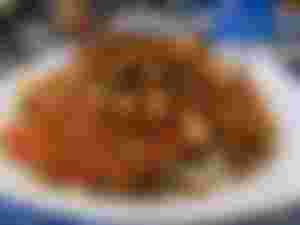
The interesting thing is that in Egypt, chicken is called chicken, while beef or veal is simply called meat. So when you order shawerma you can look for freh or lahma, so in a thin round dough, similar to that for pies, with one of the two meat-filled "skewers" that constantly rev around the oven, you will be sliced chicken or beef, add mayonnaise and pickles , if desired, cheese and all that wrapped and placed on a hot metal plate and pressed with an "iron". In five to ten minutes you will get an unusual and delicious dish for, approximately, three KM.

Fatir is another traditional Egyptian dish and would be something like our pie. Similar, but different. Fatir can be "empty" or stuffed - almost all. One of the best is a pizza-like fatir. The dough stuffed with white chicken, cheese, mushrooms, vegetables and then covered with a layer of gibna, that is, cheese, is something the most caloric and most valuable of each calorie consumed. However, for those who do not have such a strong stomach, there is also a fatir stuffed only with meat or only vegetables, whatever you want.

At every turn, at every opportunity, in Egypt, everything definitely revolves around food. It either begins or ends with it. Again, very familiar to us. Still, family lunches and dinners in a country where family ties are incredibly strong are the most important part of the day. On that occasion, rice and vegetables are most often served, very possibly molochia, and after that - it all depends. In addition, beshamel macaroni, fried chicken, okra or okra soup, mahshi can be served, and you can also get something like kebabs. Like, but not quite. Kofta is an extremely popular dish in Egypt and is prepared from minced beef, shaped like shish kebab, and somewhat reminiscent of taste.
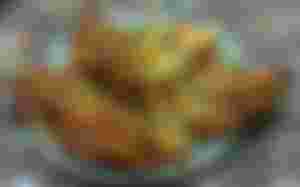
Molokhaya or green soup is something very specific, although it is not something that can only be found in this country. It is known among the Arab world, and is prepared from the leaves of the plant of the same name, the little-known jute,garlic, olive oil and stock. Although its name says "soup" and can be eaten that way, it is much more often used as a dressing for meat or rice.
All of these dishes are usually served with tahini sauce, that is, sesame seed sauce and fried eggplant.
In addition to and after all these heavy meals you will hardly have room for dessert, but when it settles down, after a few hours it is worth sacrificing a few pounds to try some of the traditional treats: zalabie, rice with milk or the mind of Ali dessert.
Zalabia are small, sweet donuts or donuts, which are fried in deep oil and then, optionally, topped with white or dark chocolate sauce. Rice with milk is a bit like our sutlijaš, but you guessed it, not quite. Cinnamon, vanilla, egg yolks are added to it, so it is all baked, and it can be served cold or warm, sprinkled with coconut and raisins or with a scoop of ice cream. Um Ali, translated by Ali’s mother, is one particularly sweet dish, in a way an eastern version of English bread pudding. The most crunchy puff pastry is soaked in milk and sweet cream, pistachios, walnuts, raisins, coconut and dried apricots are added. Be sure to eat it warm, and for full enjoyment, with a scoop of ice cream that slowly melts and cools the hot treat.

In addition to this choice of food, it may not be surprising that Egyptian families often have an obsession called "What are we going to have for lunch?", In which they can't decide, and when they can't decide, it means: "Let's get everything ready."Lunch is often cooked like a company. Just so there is no shortage and no one is hungry. And that is not foreign to us either. What is left, is left in the refrigerator, and tomorrow everything from the beginning, cook a new one, until the refrigerator is covered with "old" food, and then they organize a day for "surplus".
And reheated dishes are incredibly good. And in a way close to us, with the little things that taste means. Spices for which we do not even have a suitable equivalent in our language, and yet without the famous Vegeta, Spice C or any herbal mixture without which our cuisine is unimaginable, give Egyptian dishes a unique flavor.
In a country where Friday is Sunday, a non-working, holy day reserved for family and prayer, and Sunday is Monday, the beginning of the work week, everything is a little shifted from what we are used to, and yet everything is so incredibly similar and close. From mentality to cuisine.

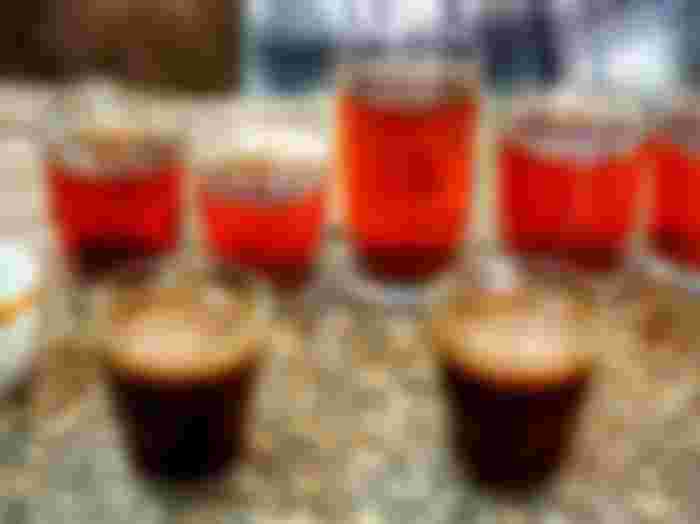
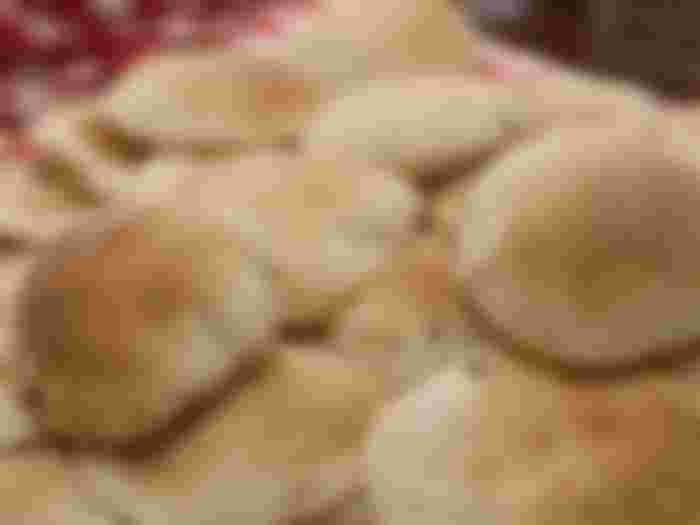
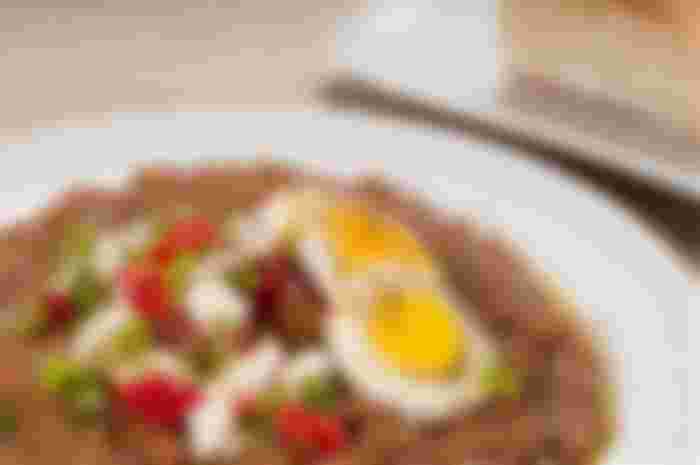
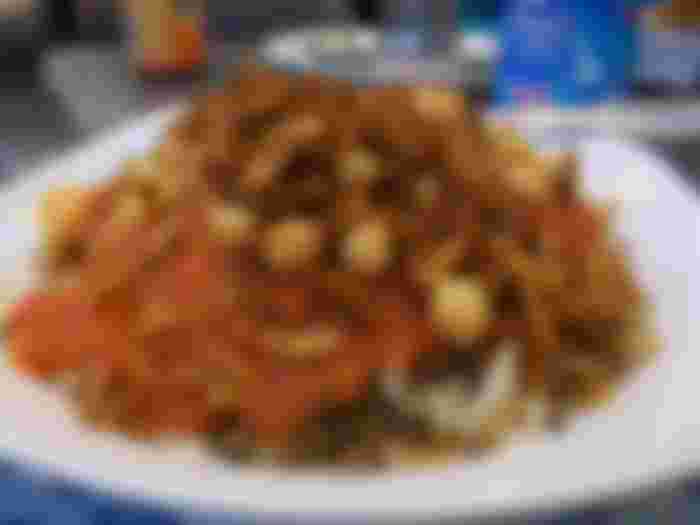

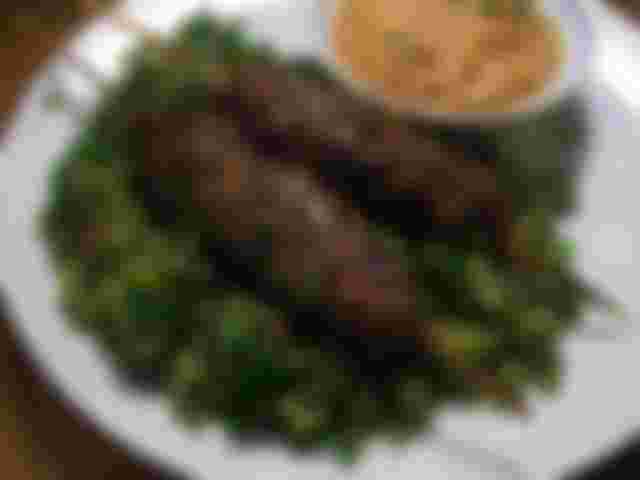
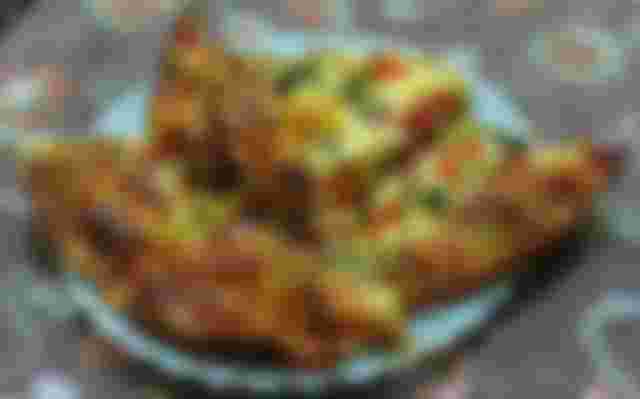
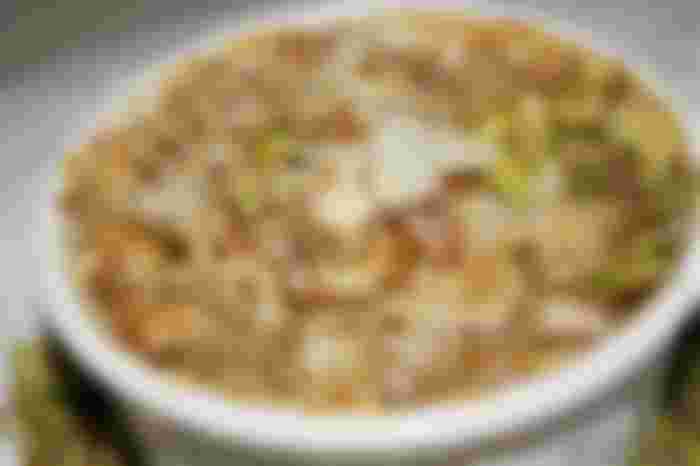
I've never been to Egypt. Nice article, you evoked the atmosphere.